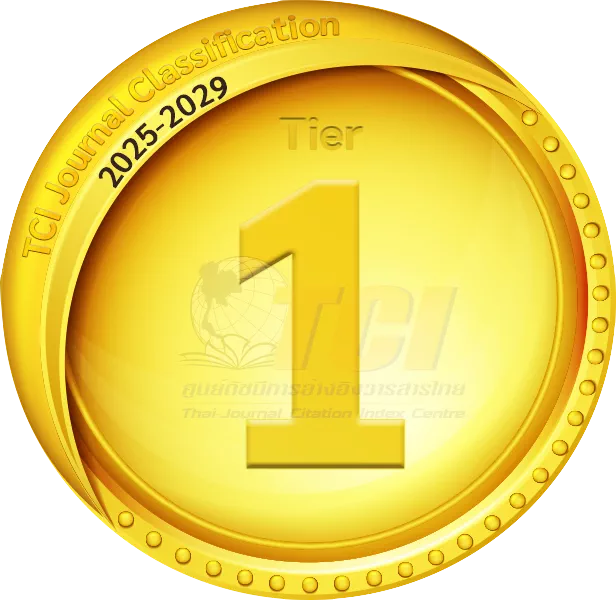THE IMPACT OF NEGATIVE BEHAVIOR EVALUATIONS/GUILT AND NEGATIVE SELF EVALUATIONS/SHAME OF THAI UNDERGRADUATE STUDENTS IN BANGKOK ON THEIR PERSONAL GROWTH INITIATIVE BOTH DIRECTLY AND INDIRECTLY, BEING MEDIATED BY THEIR REPAIR AND WITHDRAWAL TENDENCIES
Keywords:
Collective Culture, Guilt, Negative Behavior Evaluations (Nbes), Negative Self Evaluations (Nses), Personal Growth Initiative (PGI), Repair Tendencies, Shame, Withdrawal Tendencies.Abstract
Researchers have claimed that negative evaluation of one’s behavior or oneself after one has made a mistake can have a distinct negative or positive impact. After one has made a mistake, the Negative Behavior Evaluations or Guilt (NBEs/Guilt) emerges when one focuses on one’s action and the Negative Self Evaluations or Shame (NSEs/Shame) emerges when one focuses on one’s self. Correspondingly, the present study investigated the direct and indirect impact of NBEs/Guilt and NSEs/Shame on Personal Growth Initiative (PGI) which is an active, intentional engagement in the process of personal growth, being mediated by their repair and withdrawal tendencies among Thai undergraduate students in Bangkok. This quantitative research employed path analysis using survey questionnaires with 232 Thai participants obtained via convenience sampling (mean age was 22). The path analysis results indicated that NBEs/Guilt had both direct and indirect relationships with participants’ level of PGI mediated by repair tendencies, while NSEs/Shame only had a relationship with PGI when it was mediated by repair tendencies. Moreover, the result showed that the relationship between NBEs/Guilt and repair tendencies were significantly higher than the relationship between NSEs/Shame and repair tendencies. Lastly, NBEs/Guilt had a negative relationship with withdrawal tendencies while NSEs/Shame was positively correlated with withdrawal tendencies. The results suggest that in Thailand, a collective culture, NSEs/Shame can lead to PGI mediated through repair tendencies. However, since the relationship is much stronger for NBEs/Guilt to PGI, one should try and reduce NSEs/Shame and attempt to induce NBEs/Guilt as a response to one’s mistakes.Downloads
Published
How to Cite
Issue
Section
License
The submitting author warrants that the submission is original and that she/he is the author of the submission together with the named co-authors; to the extend the submission incorporates text passages, figures, data, or other material from the work of others, the submitting author has obtained any necessary permission.
Articles in this journal are published under the Creative Commons Attribution License (CC-BY What does this mean?). This is to get more legal certainty about what readers can do with published articles, and thus a wider dissemination and archiving, which in turn makes publishing with this journal more valuable for you, the authors.



